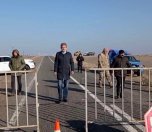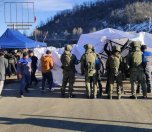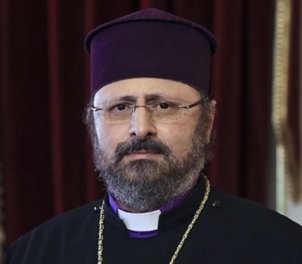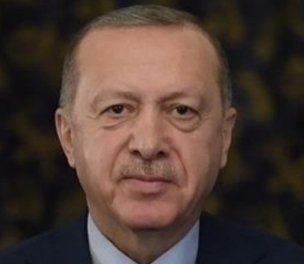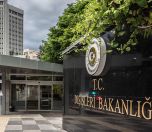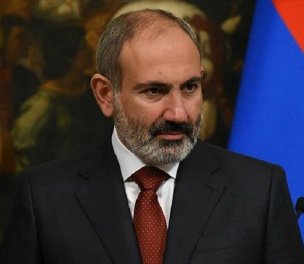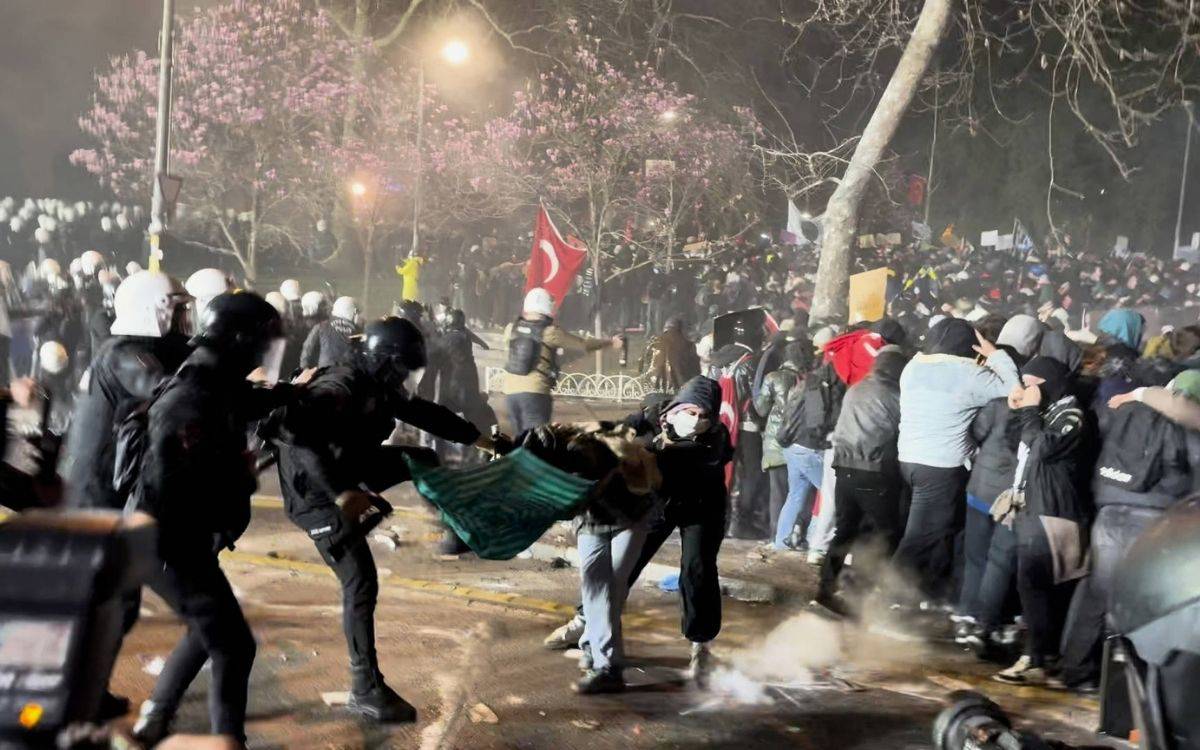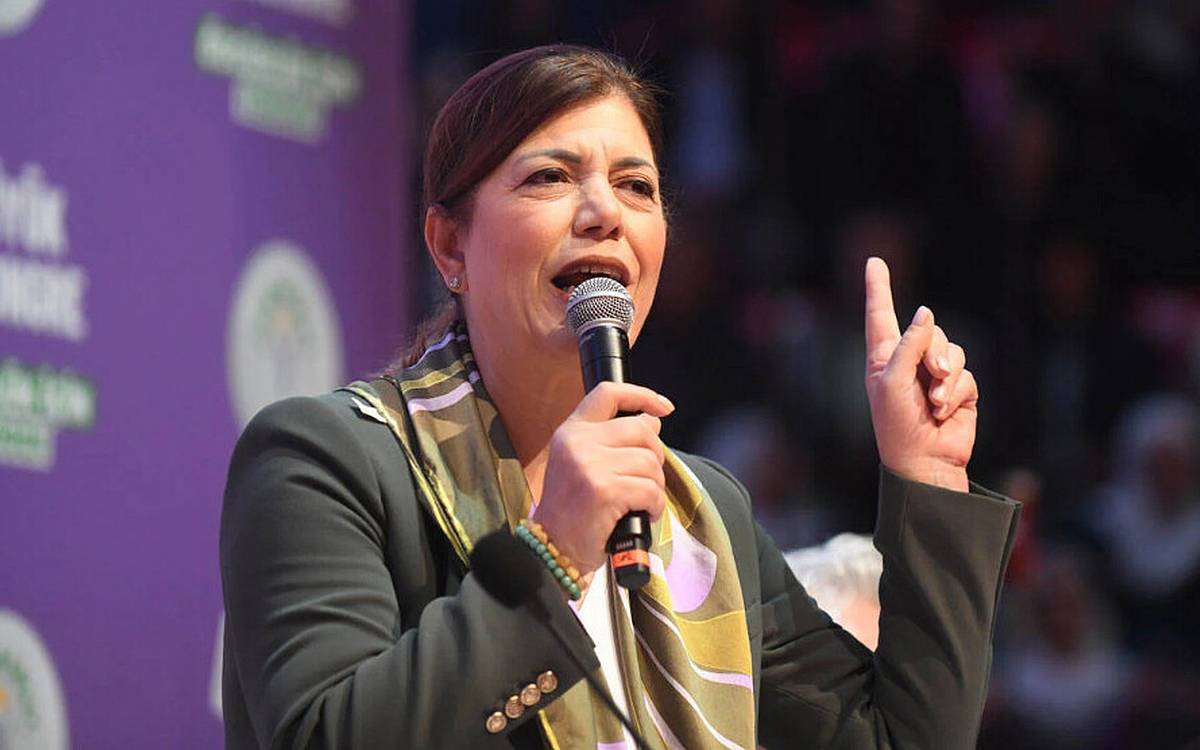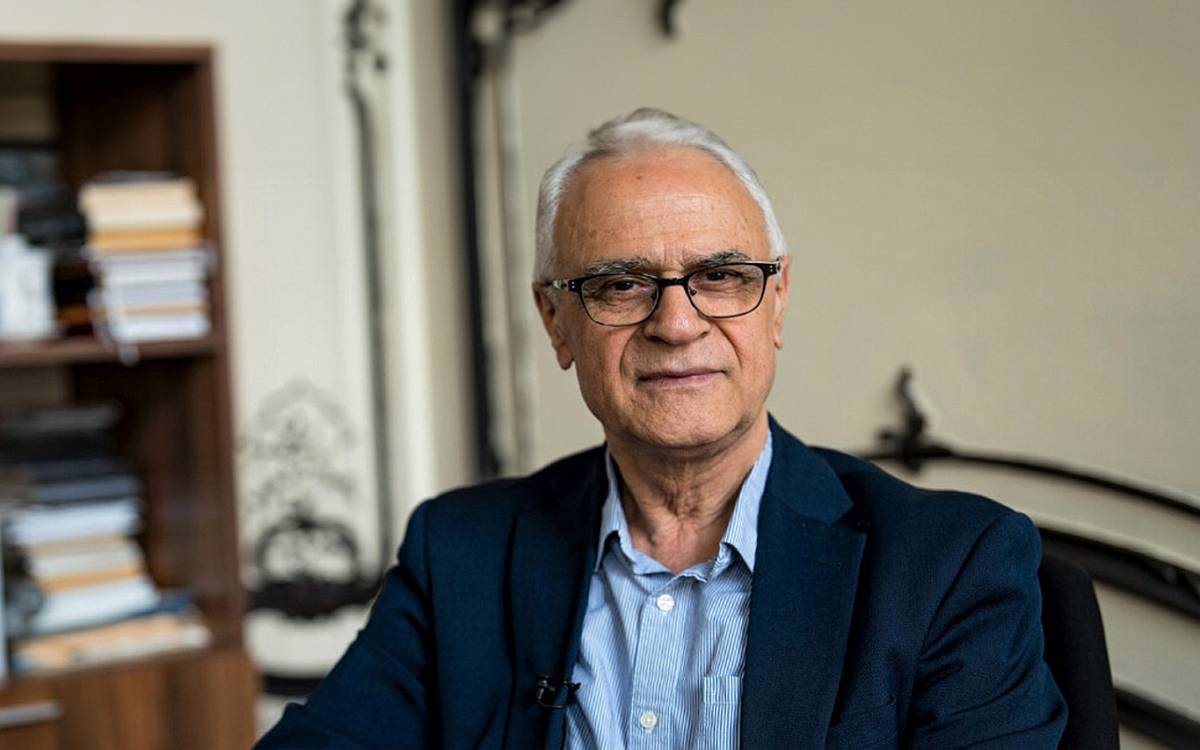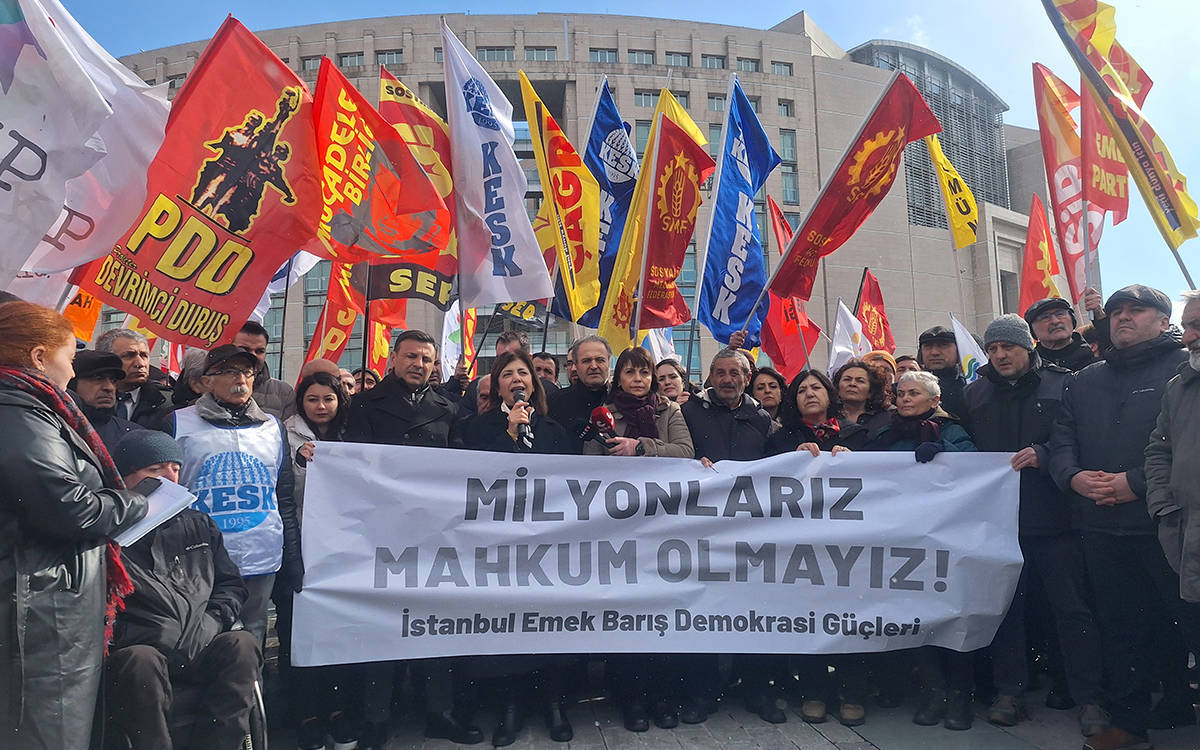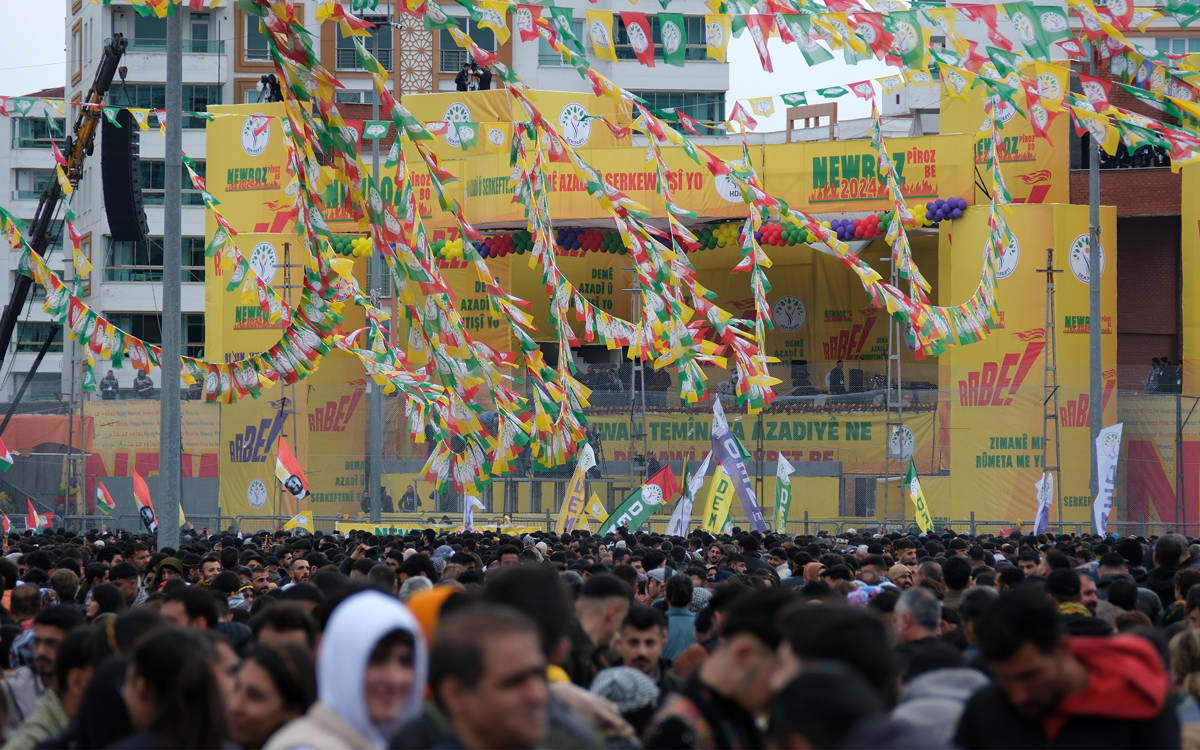Click to read the article in Turkish
The normalization process between Türkiye and Ermenistan has led to concrete steps.
On July 11, President Recep Tayyip Erdoğan and Armenia's Prime Minister Nikol Pashinyan spoke over the phone.
After consultations between the two countries, mine clearance work started on July 14 in the countryside of the İbiş village district on the border with Armenia in the Akyaka district of the eastern Kars province.
What does this mean and what will its contribution to Kars be?
"Mince clearance is formality"
Naif Alibeyoğlu, who served as the mayor of Kars between 1999 and 2009, commented on the normalization process for bianet.
The most important gain was the reopening of the border crossings, he said, adding, "Mine clearance is a bit of formality."
Recalling that they had launched a petition for the reopening of the border crossings in 2001, when he was the mayor, Alibeyoğlu said they had collected 50,000 signatures and nearly all the people in the city wanted the crossings to open.
Regional peace
"Today, the people expect with great hope the opening of the border crossings as well," he said.
"It shouldn't be viewed only as a trade issue, the purpose should be to ensure regional peace. The people need peace now. Activities in many fields, such as trade, culture, and sports, will be steps taken towards the establishment of peace. Effort is needed to take these steps.
"Mine clearance is of course valuable, but the people don't use the mined area and don't pass through the mine area, anyway. Border crossings, the railway and the airways should be opened for use as soon as possible. These steps must be taken to demonstrate the seriousness of the normalization."
"The economy will revive"
Kars has been a migrant-sending province for many years due to tensions with Armenia, Alibeyoğlu said, adding, "The population of Kars was 325,000 until 1999. Today, the population of Kars dropped to 225,000. The number drops despite fertility. It's sending migrants because nothing but animal husbandry can be done in the region."
"However, if the problem with Armenia were to be resolved, Kars, and thus Türkiye, will make a huge economic gain. Factories left because border crossings and the railway are closed. If the 'Doğukapı' and 'Alican' border crossings are reopened, the economy will revive again."
"The peoples pay the price"
Peoples of Armenia and Kars want peace, Alibeyoğlu underlined, recalling a memory from 1999: "A delegation from Armenia's Gümrü city had come to Kars and they had invited us to Gümrü. As a delegation from Erzurum, Kars and Iğdır, we went to Gümrü. They showed great interest in us.
"We attended a live broadcast on a TV channel and the Armenian officials had told us that we should look to the future and build a common future.
"When we went out on the street, the people told us that the suffering should be left behind and peace should be established. So, the people want peace but the status quos on both sides don't want peace because they benefit from this situation and the people pay the price."
Issues between Armenia and Türkiye
There are many disagreements between the two countries, most notably the 1915 Armenian Genocide.
Armenia describes what happened in 1915 as a genocide and says one and a half million Armenians were massacred, whereas Türkiye says the Armenians died in the conflict during the World War I.
Türkiye also opposes the figures stated by Armenia, saying that the exodus order was not systematically implemented and its intention was not to commit a genocide.
No trade relationships in 30 years
The two countries decided to normalize the relations after Azerbaijan won the Nagorno-Karabakh war in 2020.
Special envoys of Türkiye and Armenia, which had not had diplomatic and commercial relations for nearly 30 years, met in February for the first time since 2009, when the two countries initiated a normalization process that was eventually terminated.
The border crossings between Türkiye and Armenia were closed following the first Nagorno-Karabakh war in 1993.
Before the closure of the border crossings, the railway between the countries was open for both travel and commerce. (RT/VK)





.jpg)
.jpg)
